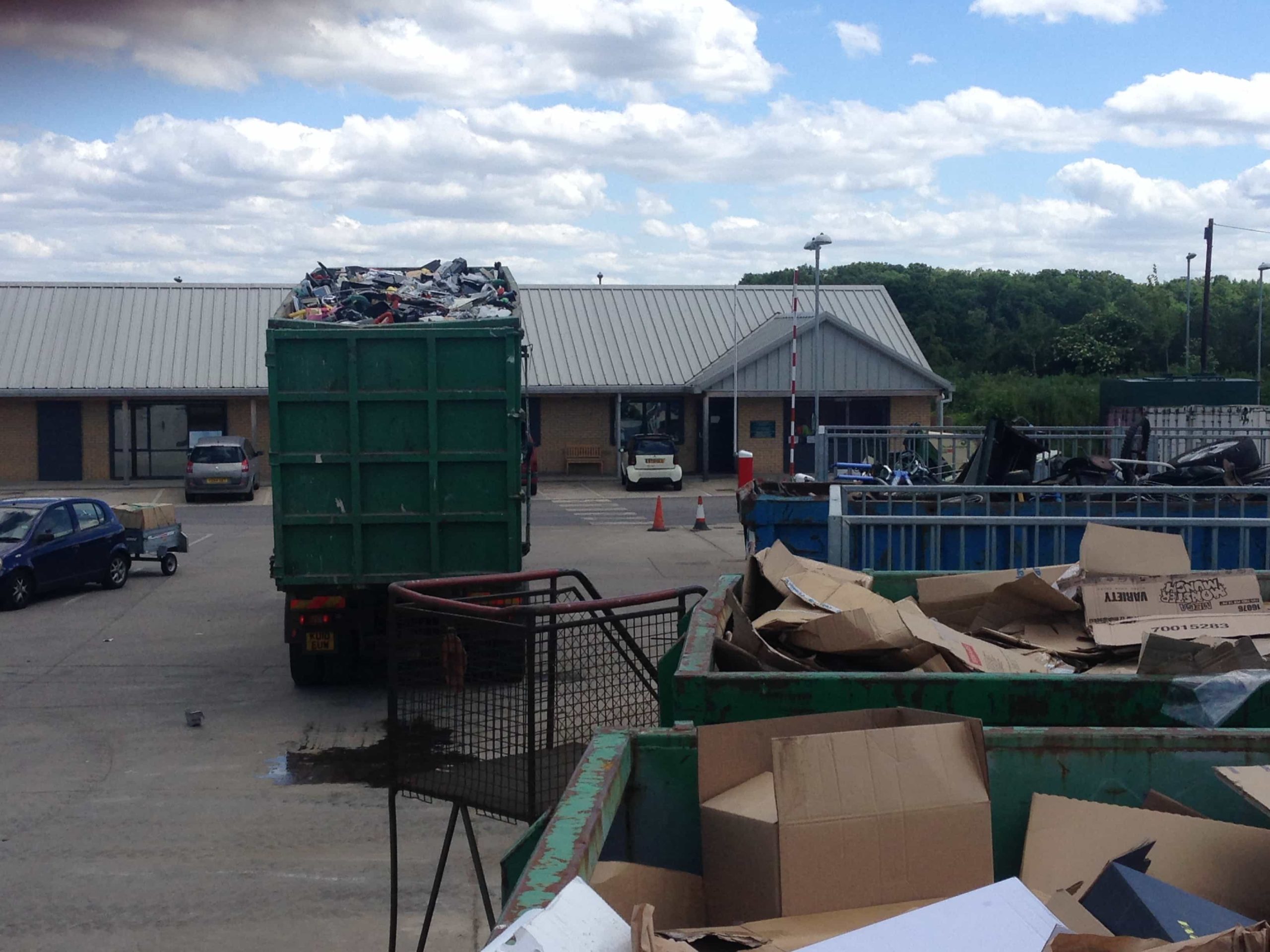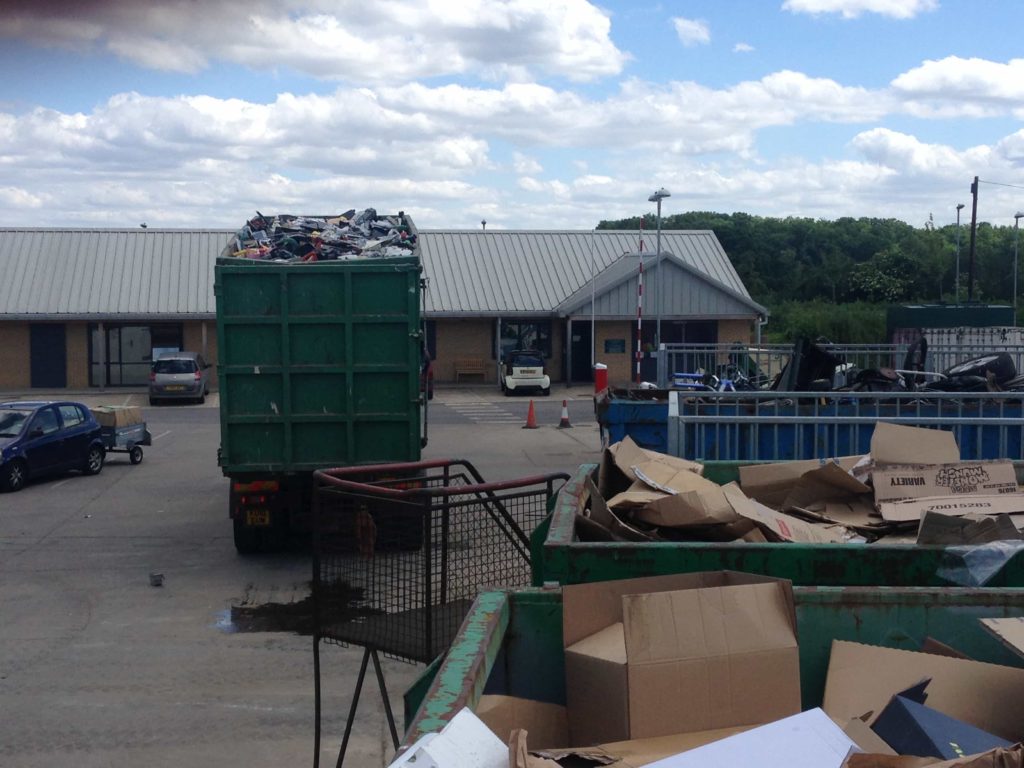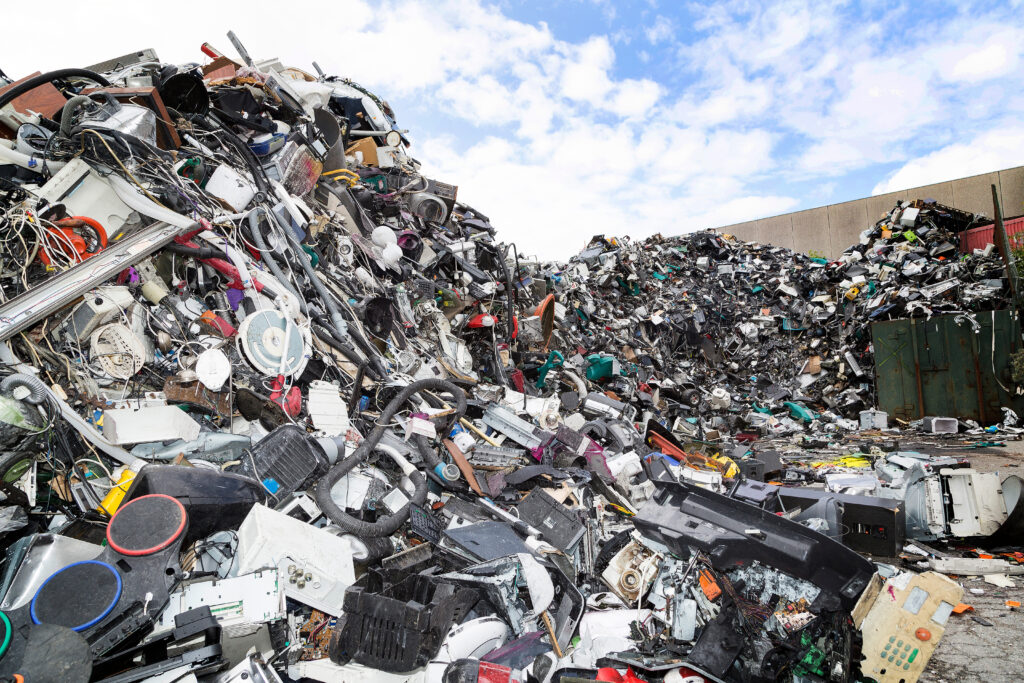Local authorities are having to face up to reduced prices for light iron and other metals while some recyclers of waste electrical and electronic equipment (WEEE) consider that the UK system is not set up to cover the cost of processing when metals prices are reduced.

Commenting on the current situation with regard to local authorities, Steve Palfrey, chair of the National Association of Waste Disposal Officers, and head of waste at Suffolk county council, said that volatile markets are of concern.
Mr Palfrey said: “An increasing number of authorities have risk, reward and share contracts and as we see markets becoming more volatile, this is a real financial concern for authorities.”
Tender
Giving an example of the situation with local authorities, Kerry Moore, NAWDO vice chair and waste strategy manager at Warwickshire county council, reflected on a tender process at her authority. She said: “Warwickshire county council recently tendered metals from HWRCs. We have had a poor response to that tender. The news [of cuts at Tata] is compounding the already difficult position we find ourselves in in secondary material markets.”
Some in the local authority sector say they would like to see more involvement from government. As this is unlikely, local authorities are having to attempt to gain more revenues from contracts which is harder in a commodities market under pressure.
Furthermore, some local authorities are also concerned that if the metals situation worsens, cars may start to be abandoned despite the existence of continuous licensing and consequently imposing unexpected costs on council budgets.
On the contractor front, one large waste company, which runs a large number of CA sites in England, told letsrecycle.com that it would be having meetings in the coming weeks that will “influence its actions and views” in light of the current price it receives for scrap metal.
WEEE
The reduced metals price is also having an impact on the WEEE sector.
Justin Greenaway, director of WEEE recycler Sweep Kuusakoski in Kent, said: “The value of the commodities generated from recycling WEEE have radically fallen. This is common knowledge and indisputable and everything we are hearing is that commodities are likely to get worse during next year. SWEEEP Kuusakoski are no different from any other WEEE recycler in that processing WEEE correctly is expensive per tonne. When the commodity values cannot cover that processing cost then more funding is required from the WEEE system.”
Mr Greenaway went on to say that the introduction of the compliance fee option for under collecting producer collection schemes is doing exactly what it was designed to do by driving down the cost of treatment but “it is not dynamic enough to change with falls in commodity values”.
He argued that this is a fundamentally unsustainable situation for the AATF recycling industry and that some producers of electrical equipment who are members of compliance schemes are not paying a fair amount for the recycling. “The compliance fee must be set to such a level that an AATF can be paid a fair price to recycle sustainably. The system is not working and the WEEE recycling industry is at risk of collapse.”
Increasing
[testimonial id = “288” align=”right”]
Separately, letsrecycle.com asked Nigel Harvey, chief executive of WEEE compliance scheme Recolight, to comment on the impact of scrap values WEEE collections from CA sites and Mr Harvey responded that collections are increasing.
He said: “The latest data we have (Q1 and Q2 2015) shows that both Large Household, and Small Mixed WEEE collections from CA sites are higher in 2015 than the same period in 2014. That could simply be because more WEEE is naturally arising in improving economy. It could also be that reduced scrap values mean other collectors currently have less profit opportunity from WEEE.
“That may result in more WEEE being diverted into Producer Compliance Scheme collections. Either way though, the WEEE regulations ensure that all separately collected WEEE that arises at CA sites can always be collected by Producer Compliance Schemes.”












Subscribe for free